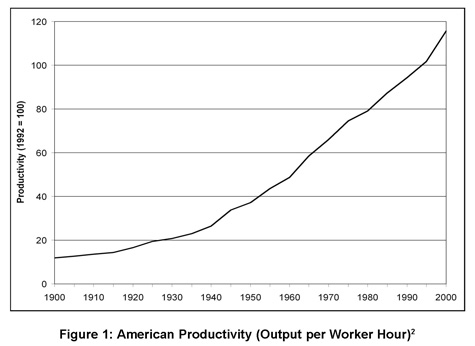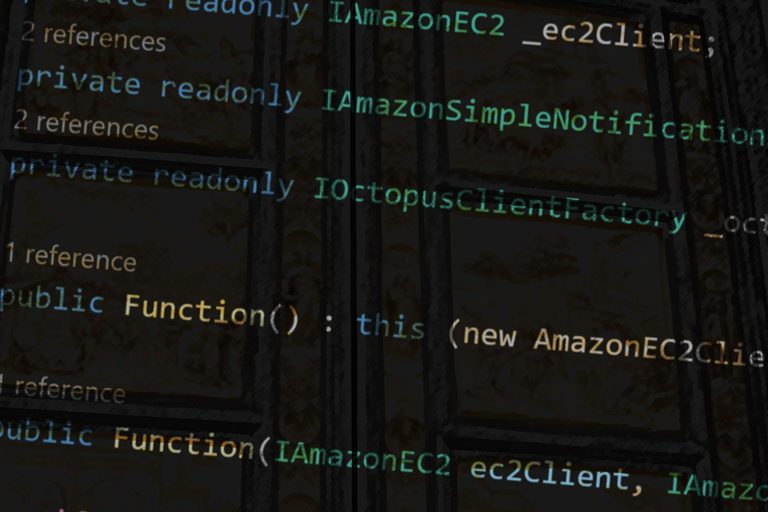When I think about the future, often in the realm of technology, I tend to look specifically at computers and even more narrowly the Internet of Things (which is kind of my thing). I read Ars Technica, Tom’s Hardware, and Reddit, and I talk to other developers. Often I see the future through that narrow lens. I see the future in my individual industry coming down the pipe, and announcements seem somewhat predictable.
However, outside of my immediate area of expertise, I’m often surprised to hear about the leaps of progress other industries are making. Sometimes I will stumble on something outside my immediate area of expertise that just blows my mind. Recently, that happened when I came across this video explaining CRISPR (Clustered Regularly Interspaced Short Palindromic Repeats).
The tl;dr is that scientists are able splice together DNA to cut out known bad stuff or put in good stuff, even in full-grown adults. It’s essentially programming living things. Wow! How have I not heard about this before? This should be front-page news!
“That’s great, Jared, but you are a programmer. What does this have to do with you?”
I’m glad you asked, even if it was a bit of a snarky remark. Immediately my mind leaps to what the possibilities are: Well, if you can copy DNA extremely accurately, and that can represent data, can we take advantage of that for storing computer data? Well, of course we can, and we already are. Microsoft and the University of Washington teamed up and stored 200 megabytes of data in the space of the tip of a pencil. The storage technology holds the promise of holding about 1 billion terabytes in a single gram. And this is just the cross-roads of DNA and data storage, there are many multidisciplinary approaches to technology that are happening (and should happen more and more, in this author’s view) across the world.
There are so many pieces of technology other than computing that are making progress faster than ever before: Agriculture, education, machinery, nanotechnology, energy, transport, mining, and healthcare. What is happening in these spaces that will affect us all in only a few years? What revolutionary tech is coming online or just about to? It’s mind-boggling.
Knowledge transfer across domains goes the other way, too. Computing improvements can affect healthcare in big ways. Take, for example, protein folding. Unfortunately, classical computers are very bad at doing this. A project called Folding@Home has helped alleviate that problem by harnessing the power of many, many computers (104,000 teraflops of computing power across the world) to figure out how proteins fold. The ultimate goal is to help cure diseases like Alzheimer’s, Huntington’s, and Parkinson’s. Although progress has been made in studying this that would not have been made otherwise, quantum computers have shown significant promise in being able to solve problems like these at speeds that would put all of those harnessed computers to shame. That happens when you can calculate millions of possibilities at the same time, as is quantum computer’s strength. Once quantum computers become more powerful and consistent, and once we figure out better ways to program them, all of Folding@Home’s progress to date could be made in days or hours on just one quantum machine.
These types of interrelationships between technologies (in this case, protein folding and quantum computers) supercharge our advances toward the future. Nothing happens in a vacuum, so a small leap in any one technology can dramatically affect the progress of another. As the excellent In a Nutshell video above explains, imagine the impact that just one technology, the internet, has had on nearly every single piece of our lives. Right now, there are thousands of potentially game-changing technologies in the pipeline. As they come out of research facilities, there will be unimaginable ripple effects.

What’s really cool is that these affects are logarithmic in nature. The better a technology gets, the better it makes other technologies. And upward and upward we go in productivity (which is just one, albeit poor, indication of progress) and other indications of progress, faster and faster. With all of the unknown unknowns and the rapid pace of change, the future has never been as unpredictable, or as exciting, or as promising, as it is right now.

